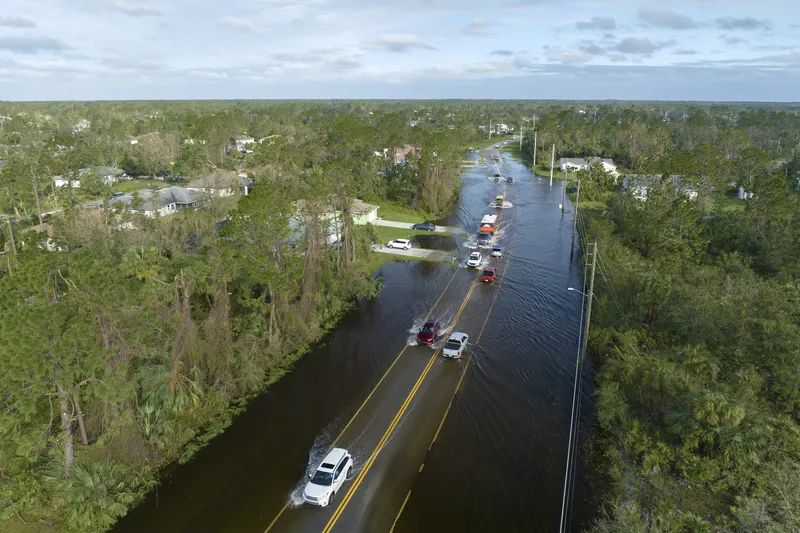President Obama has signed a two month extension of highway funding into law. The Highway and Transportation Funding Act of 2015 extends several aspects of infrastructure funding to the end of July.
Obama has proposed a six-year transportation bill of US$478 billion which would increase funding in US roads, highways and transit systems and for the first time would provide dedicated funding for passenger rail, rail safety and a national freight program. Congress has so far been unable to reach agreement o
June 2, 2015
Read time: 1 min
President Obama has signed a two month extension of highway funding into law. The Highway and Transportation Funding Act of 2015 extends several aspects of infrastructure funding to the end of July.
Obama has proposed a six-year transportation bill of US$478 billion which would increase funding in US roads, highways and transit systems and for the first time would provide dedicated funding for passenger rail, rail safety and a national freight program. Congress has so far been unable to reach agreement on how to fund the bill.
White House spokesman Josh Earnest said it was the President’s view that the era of short-term patches and chronic under-investment in the transportation infrastructure must come to an end and would continue to urge Congress to take steps in that direction.
Obama has proposed a six-year transportation bill of US$478 billion which would increase funding in US roads, highways and transit systems and for the first time would provide dedicated funding for passenger rail, rail safety and a national freight program. Congress has so far been unable to reach agreement on how to fund the bill.
White House spokesman Josh Earnest said it was the President’s view that the era of short-term patches and chronic under-investment in the transportation infrastructure must come to an end and would continue to urge Congress to take steps in that direction.








